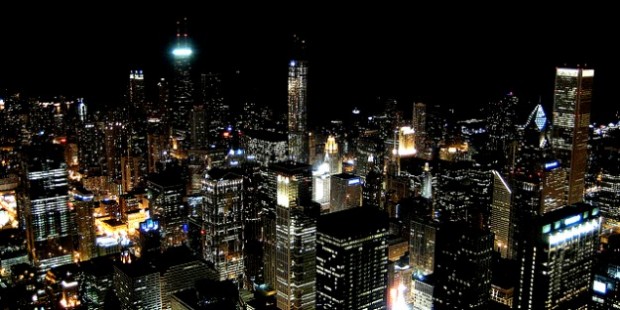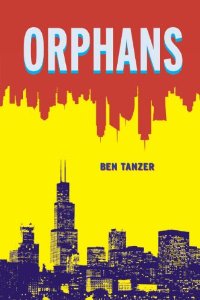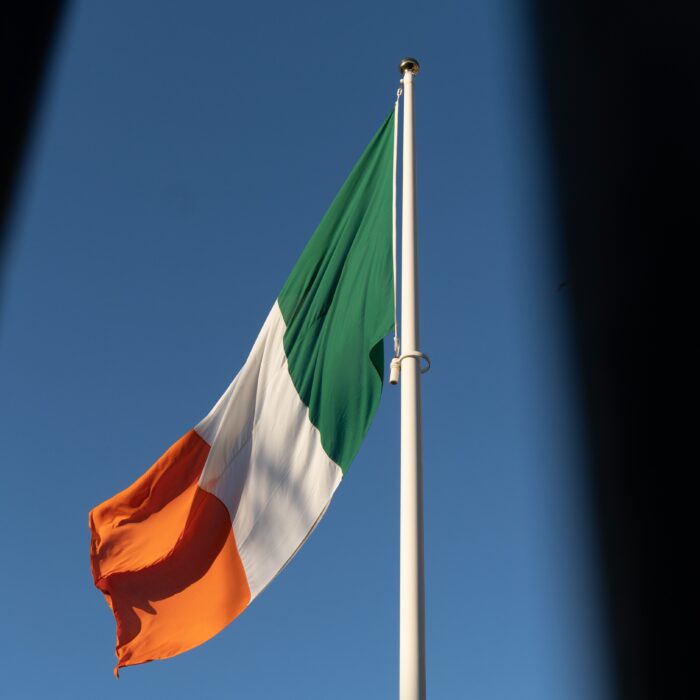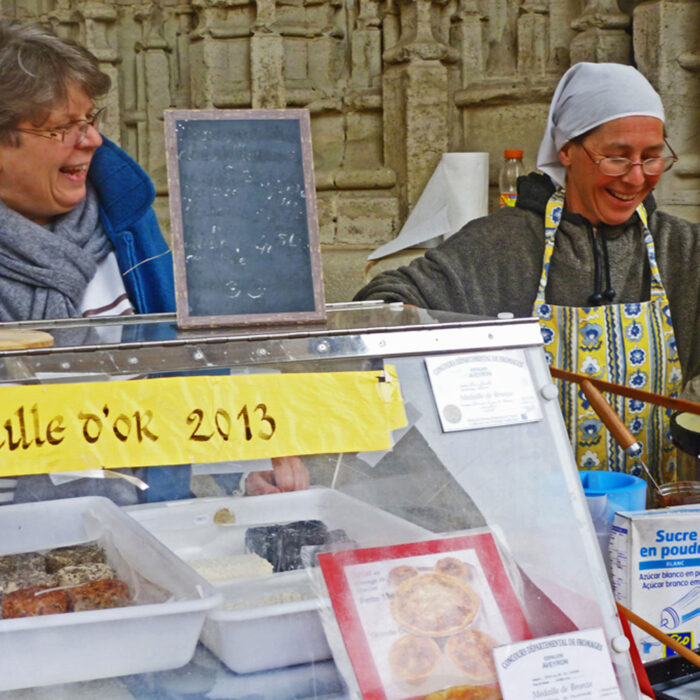You have no items in your cart. Want to get some nice things?
Go shopping
1.
I am at my table at the Heartland Fall Forum. I have on a blazer and there is a handler. I am expected to talk Orphans, sign copies, and convince the booksellers lining-up in front of me that they love my book, that they love me, and that I am speaking to them in a fashion that no one else in the room can possibly hope to achieve. I decide to ignore the line across the room, the one that winds, and snakes, around and doubles back onto itself. That line is for the person with the kids’ book. Kids, cats, and travel, that’s what sells. Science fiction, maybe not so much. I am sharing the table with a young author, a lawyer, who has written a trilogy set in some future Midwest. She is talking dystopias and people love it. I realise that we are the dystopian table and I change my pitch to something about more than a world where work is sparse and warps families. I start talking dystopia and clones and the interest in Orphans increases immediately.
2.
I am run. It is late, I am alone, and the sky is stretching forever. It strikes me that I want to write a story about a father and a son and that the father will be a salesman. The story will take place in Chicago and I am further struck that the story will call for an homage to Death of a Salesman and Glengarry Glen Ross. But I don’t want to repeat myself, telling the stories of domestic drama, confusion and coping in one contemporary set piece after another. I think genre, I’ll go genre with this book. Science Fiction. And an homage to The Martian Chronicles as well. The protagonist will sell real estate on Mars. That will work. There is a story there of new worlds, blue legs, and space shuttles. There will also be surfing, and more homage, the Silver Surfer, triumphantly, albeit reluctantly, travelling the cosmos.
3.
I am on Facebook. An old high school friend posts a comment that he has read the first six chapters of Orphans and likes the book so far, but he is wondering whether we need more dystopia, much less more dystopia set in Chicago. And yes, I’m competing with the release of Allegiant, which is like not really competing at all. Still, when I started writing Orphans, or at least thinking about writing it, there was no Divergent, and even the Hunger Games was only something I had distantly heard about. The recession hadn’t quite taken hold and there was no Occupy Wall Street. Not yet. That is no longer the case of course, and it makes me wonder just how much I am influenced by the forces around me, both the literary and political, even as I believe I am unique and prescient and immersed in a story of my own making?
 4.
4.
I am in an airport. I am waiting for a connecting flight on a day I should not have flown, much less left my family. They need me on this day, but I am work, and I am heading to a conference where I am speaking. Going to the conference was not an option, it is an assignment. But there is my ego to consider. I am thrilled I’ve been invited to keynote at this conference. Sleep in a nice hotel. Run and write and read with no children looming. So do I have choice? Do any of us when it comes to work? I realise I need to add this element to the book. This is a hook. What are our obligations to work and family and ego and what do we do when they clash with one another? Further, what do we do if we live in a future, dystopian world where work is sparse and to pass on an opportunity, any opportunity, is to pass on any chance of working at all?
5.
I am a child. I am watching The Day After. There is a bomb, a flash of grey, things move in slow motion, and instantaneously the world as we know it no longer exists. People are dead. The air is poison. Things can never be the same because the fabric of the world has been torn and re-shaped into something that will never be safe again. That’s Armageddon. That’s not dystopia. Dystopia is slower, less pronounced. Things spoil and curdle, the norms change, and what we expect from the world morphs into something new, where the expectations about our quality of life are lower, and life for the many is harder and sadder and revolves around surviving a version of our lives that is lesser, and harsher, than we knew before. We can talk all we want about Mayan post-apocalyptic shit, but with the financial systems fucked, endless poverty, power and money concentrated in the hands of the few, and the expectation of work, real work that supports our families, diminished, this is the true state of the world today, dystopic, and bleeding out.
6.
I am robot hand jobs and the Ramones. I say this, because along with space shuttles, clones, and Bartleby the Scrivener, Orphans also has robot hand jobs and the Ramones, and why not end on something more upbeat than slow bleeds and curdle?
Orphans is available now from Foyles and all good bookstores.

About Ben Tanzer
Ben Tanzer is the author of the books My Father’s House, You Can Make Him Like You, So Different Now, Orphans and Lost in Space, among others. Ben serves as Director of Publicity and Content Strategy at Curbside Splendor and can be found online at This Blog Will Change Your Life, the center of his growing lifestyle empire. He lives in Chicago with his wife and two sons.




